The Dirty Supply Chain Behind Indonesia’s Poisoned Tofu
In recent years, Indonesia has become a litmus test for the global waste crisis, a troubling scenario exemplified by the troubling nexus between plastic waste and food safety. Despite the country’s ban on plastic waste imports, the United States continues to ship millions of pounds of plastic to its shores. This alarming trend poses severe risks, particularly to Indonesia’s tofu industry—a staple protein for millions—which is now being tainted by hazardous toxins through the very means of its preparation.
Villagers across Indonesia, facing an overwhelming influx of plastic waste, resort to burning these materials as a primary energy source for cooking. In a country where tofu is not only a dietary staple but also a cultural cornerstone, this practice threatens both public health and the integrity of traditional food systems. The smoke that billows from these fires contains a cocktail of harmful chemicals, including dioxins and heavy metals, which seep into the tofu and other foods being prepared. As the tofu absorbs these toxins, a beloved culinary staple transforms into a potential health hazard, affecting the most vulnerable communities.
The implications of this supply chain extend far beyond mere food safety. The growing reliance on imported plastic waste raises urgent questions about environmental justice and ethical responsibility. As wealthier nations, including the U.S., continue to export their waste to developing countries, they are effectively sidestepping their own environmental responsibilities. For Indonesia, the challenge is compounded by limited resources to combat the influx of toxic materials and the worsening impact on public health.
Efforts to contain the plastic crisis are becoming increasingly urgent. Local communities, many of whom depend on tofu production for their livelihoods, find themselves caught in a vicious cycle of contamination and economic vulnerability. The reliance on burning plastic for cooking not only jeopardizes public health but also threatens to undermine the very traditions that have shaped Indonesia’s culinary landscape for generations.
Moreover, this issue unveils a broader global narrative regarding waste management and environmental practices. As nations grapple with the consequences of their consumer habits, it becomes evident that the responsibility for waste does not end at the border. The poisonous supply chain linking plastic waste from the U.S. to Indonesian tofu illustrates a dire need for systemic change—one that calls for stricter international regulations on waste exportation and sustainable practices in food production.
The plight of Indonesia’s tofu industry serves as a stark reminder of the interconnectedness of global supply chains. As consumers in affluent nations continue to demand cheap products, the burden of that demand often falls on developing countries, creating a cycle of pollution and health risks. For Indonesia, a country rich in culture and culinary history, the fight to reclaim tofu as a wholesome staple is also a fight for environmental integrity and social equity.
This dire situation emphasizes the pressing need for awareness and action. Understanding the dirty supply chain behind Indonesia’s poisoned tofu not only highlights a local crisis but also brings into focus a global challenge that necessitates collective responsibility. The health of future generations, the preservation of cultural food practices, and the safeguarding of our environment all hinge on addressing the systemic injustices prevalent within our global supply chains.
Watch the video by Business Insider
Video “The Dirty Supply Chain Behind Indonesia’s Poisoned Tofu” was uploaded on 09/27/2025 to Youtube Channel Business Insider









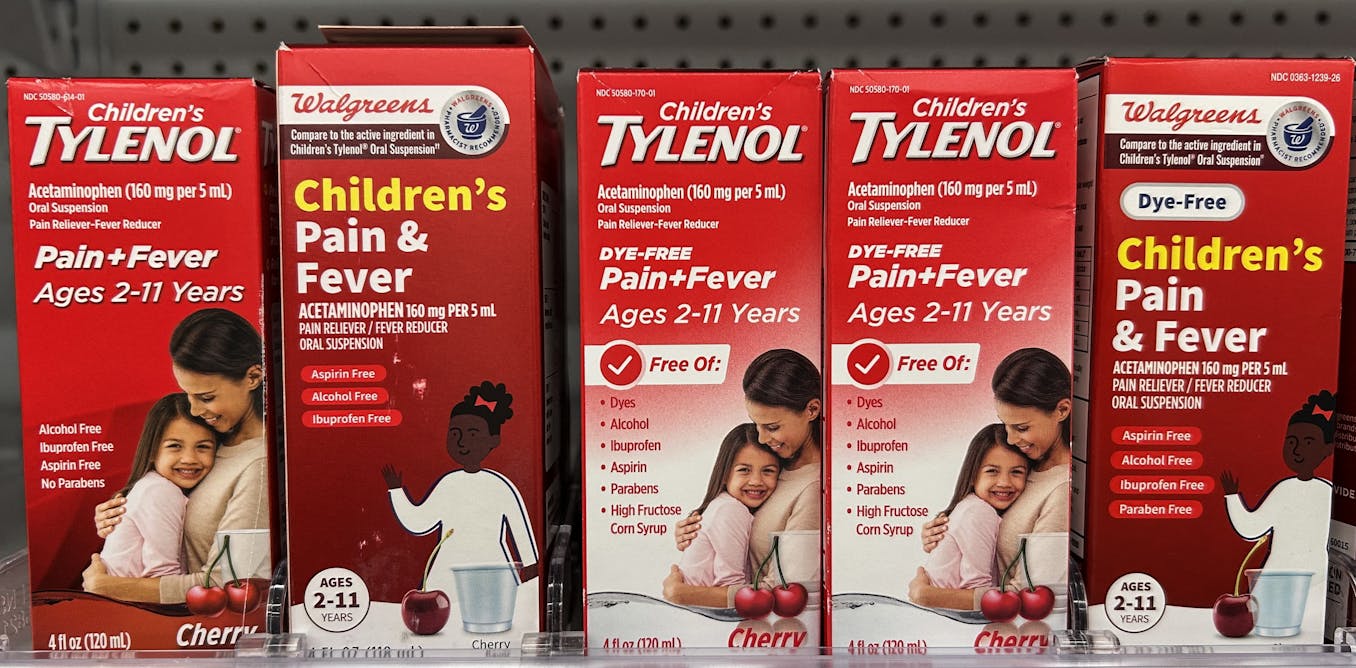

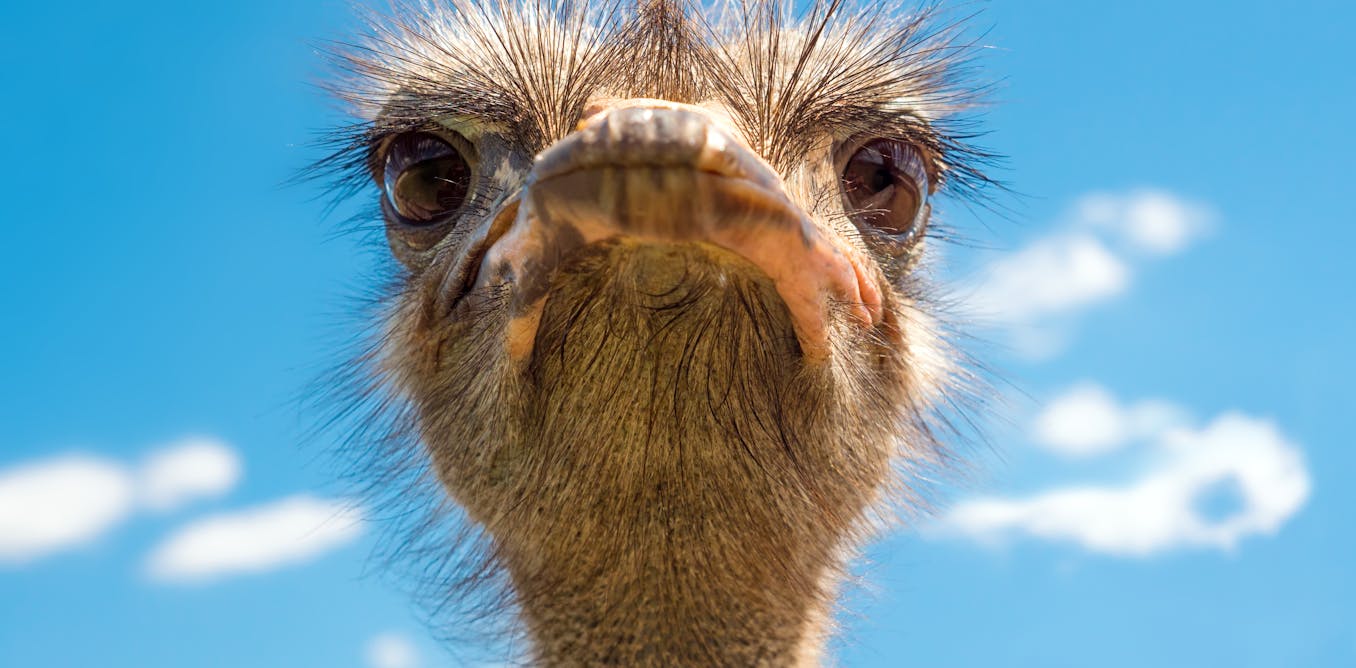
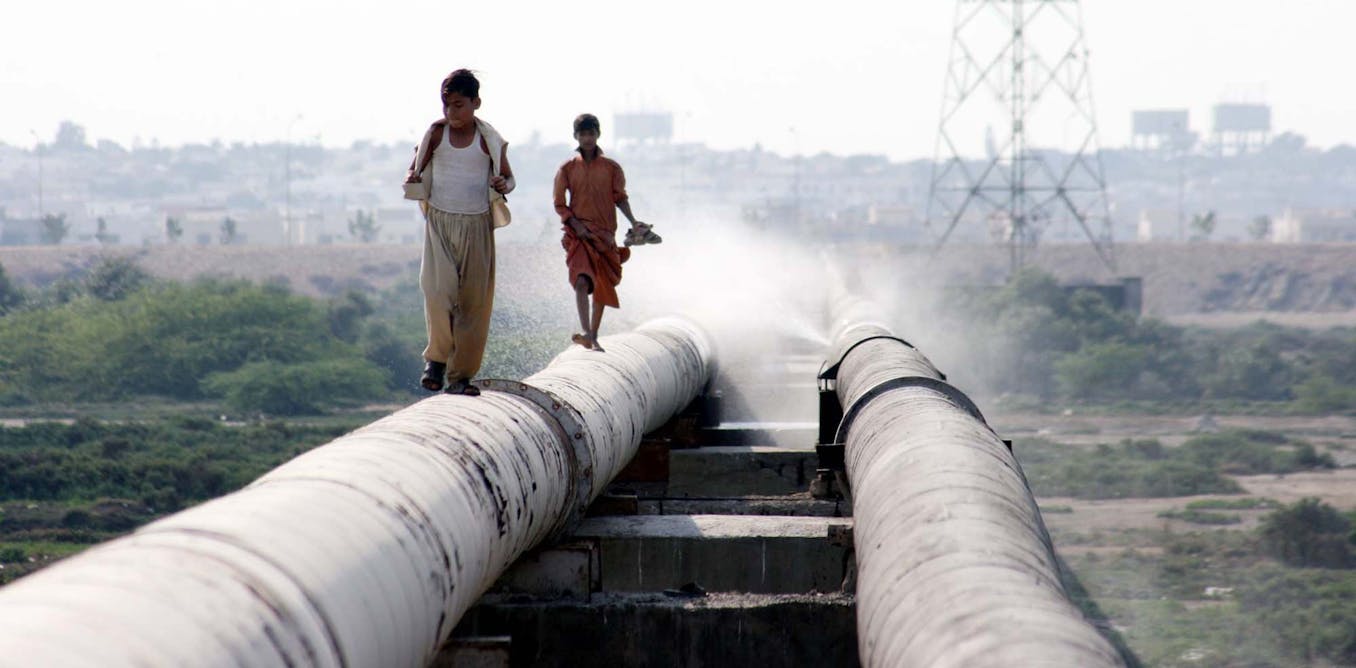
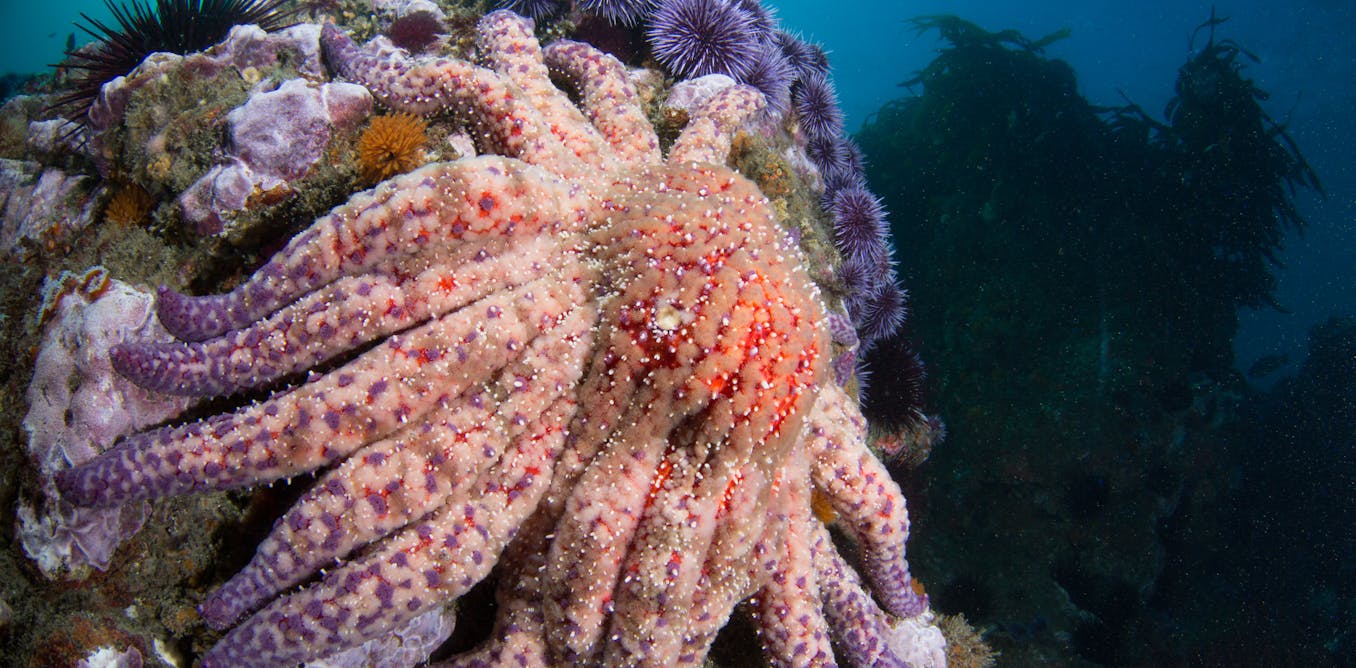


















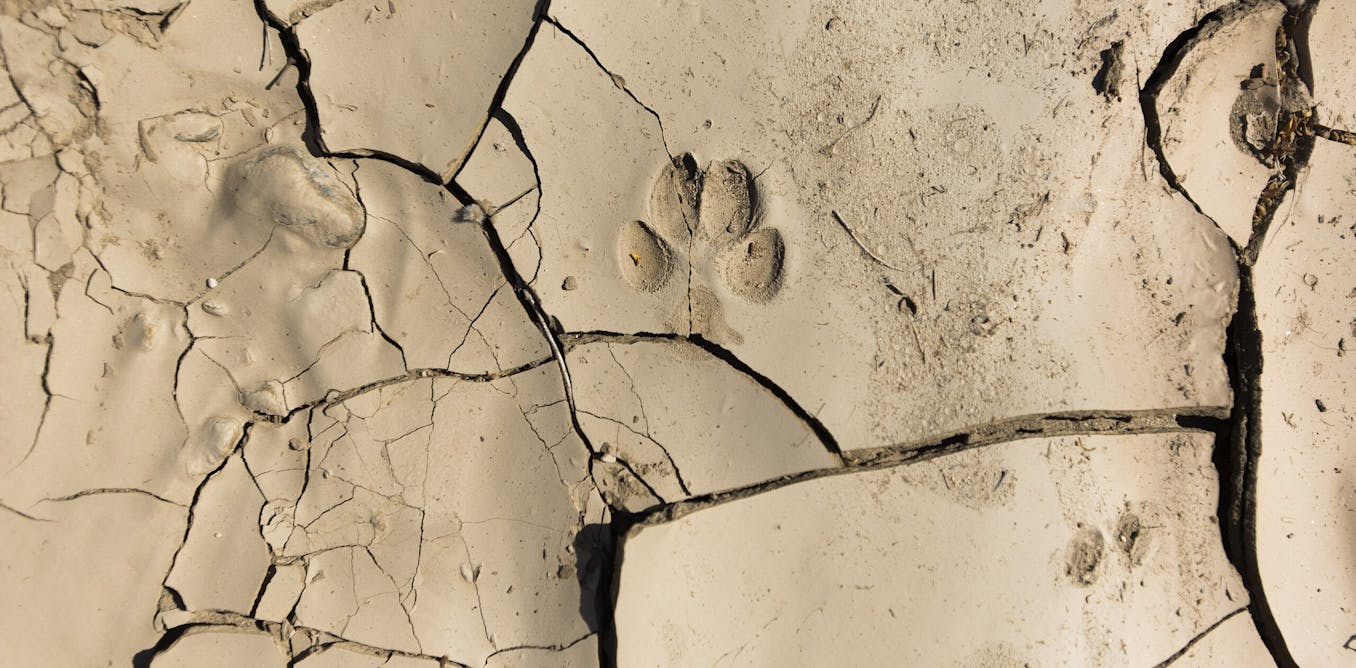







why not incinerate the trash in california or houston instead of shipping them to indonesia
Processed food/ packaged junk food is already bad for your health, and this is another one of its happy side effects.
thats crazy
this is how it the story goes. most americans think theyre being good
USA rules … This is the American's dream 😊
This is what happens to your “recycled” plastic.
keep in mind this is all done so companies can charge you high prices for small quantity of products. its so companies can scam you for profit
Australia with all the gigantic land surface they have and yet still manages to ship their garbage to Indonesia! How does it make sense! Also how can à developed nation actually manages to send their paper away?
15:58 – No… They won't stop
American exporting decomarcy like they exporting their trash
Shame on the West.
Unbelievable that we can't figure out a simple container issue we are all heading towards the world in children of men how have we not invented biodegradable packaging in this day of age?? This is scary stuff ..
So indonesia is the world's garbage can. How sad 😅
This is brutal!!
The US should be held responsible for the pollution and their refusal to recognise climate change.
Developed nations know exactly how bad and problematic this stuff is. That is precisely why they had to find places to dump it onto. If it was cheap, easy, or profitable to deal with trash, we’d be dealing with it ourselves.
Note to self: Never eat tofu in Indonesia let alone visit there. You can't blame other countries. Their own government is allowing it.
This is soo f***ed…
The US and the world knows everything. They sell their soy and send plastic trash alongside as fuel to feed the low income group. Yeah..same people talk about pollution, intoxication, cancer and fatal health hazards. Irony!!!
This is absolutely horrible for those people :/
There are free range chickens :O how are they able to find any food and maintain a life.
Love how its america poisoning there food when every develop country is sending plastic there js . America is a good scapegoat for everyones problems. Obviously there government could stop it but dont and they want itfor fuel so lets plce the blame on everyone involved
Own fault.. why you use plastic? Wood would only cost 9 dollars more.